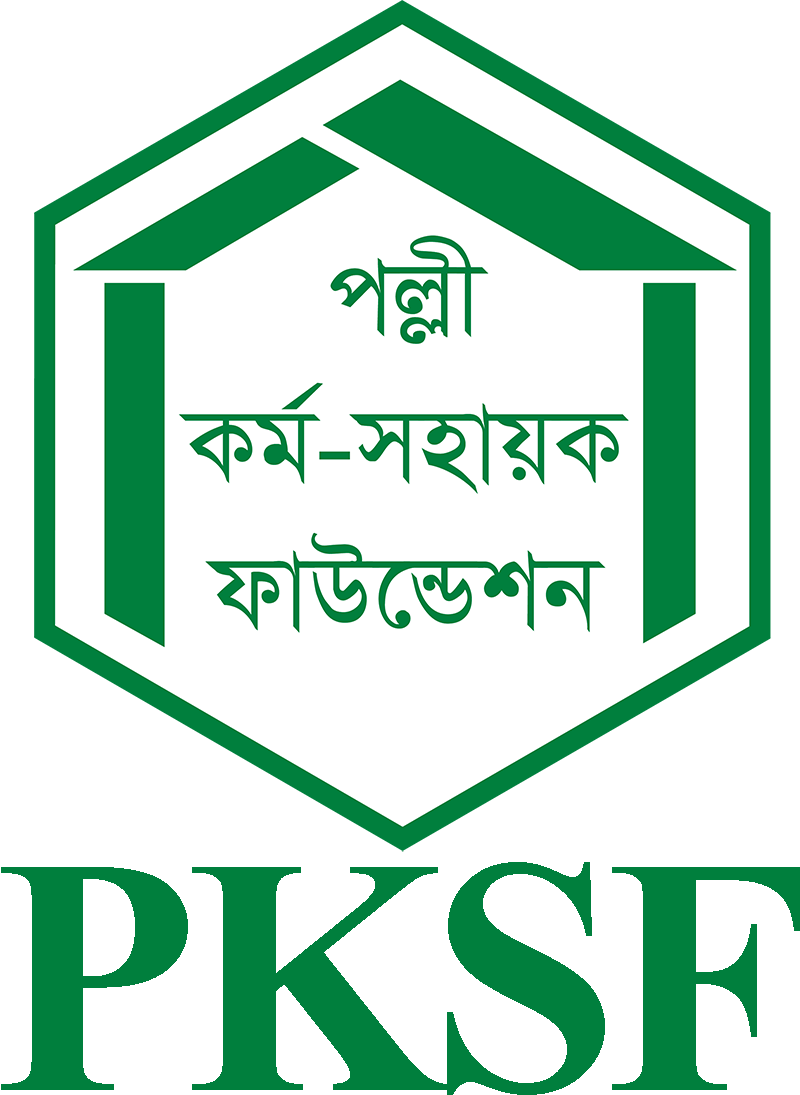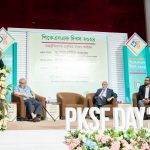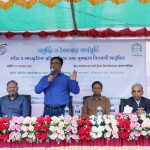SMART project engages regional stakeholders in Jashore
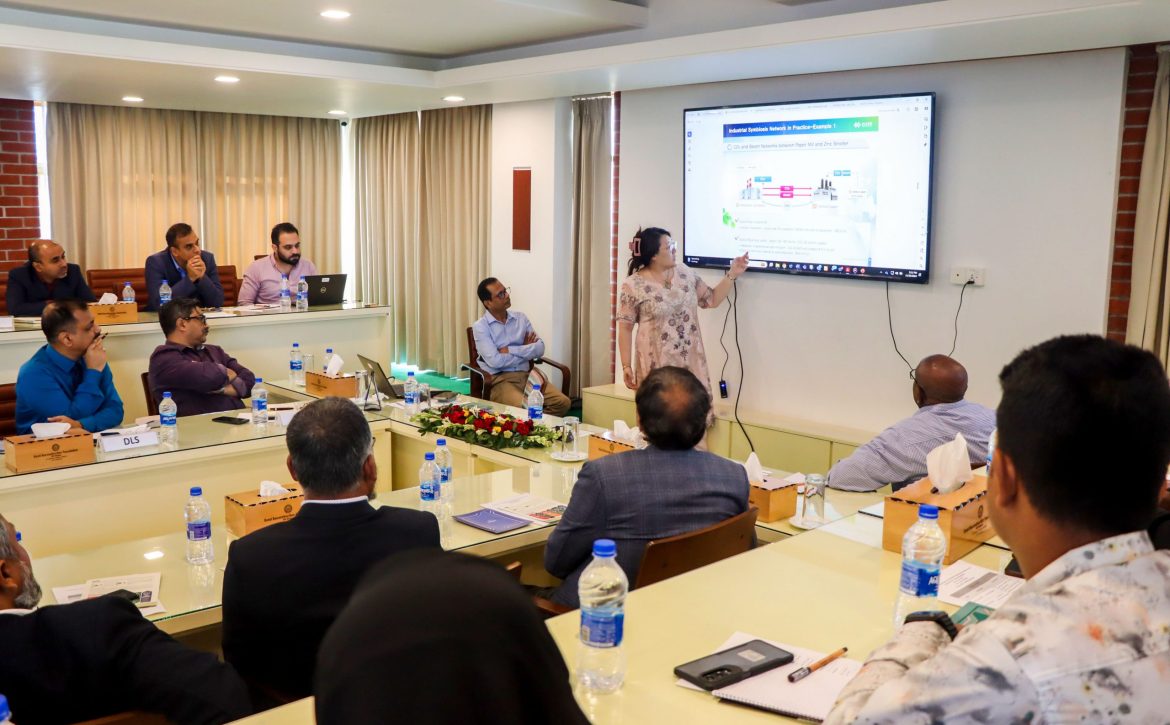
To foster regional stakeholder engagement and promote sustainable practices among microenterprises in Jashore, the Sustainable Microenterprise and Resilient Transformation (SMART) project of PKSF conducted a series of workshops and consultation meetings on 19 and 20 November 2024.
A workshop on 20 November at the RRF Conference Room in Jashore brought together a diverse group of participants, including government officials, academicians, and representatives from Partner Organizations (POs).
Eun Joo Allison Yi, Task Team Leader of the SMART project from the World Bank, underscored the critical role of stakeholder collaboration in achieving the project’s goals. She highlighted global examples of Resource-Efficient and Cleaner Production (RECP) practices, emphasizing on their relevance in Bangladesh.
Highlighting the need for sustainable solutions, Professor Mohammad Mahfuzur Rahman from Jashore University of Science and Technology (JUST) advocated for life cycle-based approaches to address the unique challenges faced by microenterprises. He stressed the importance of long-term sustainable solutions. The session was inaugurated by Gokul Chandra Biswas, General Manager of PKSF and Project Coordinator of the SMART project, while Philip Biswas, Executive Director of Rural Reconstruction Foundation (RRF), delivered the closing remarks. Others to have spoken at the event included local micro-entrepreneurs and distinguished academicians.
In addition to the workshop, a separate event was held at JUST on 20 November to share insights about the SMART project and raise awareness among students about sustainable practices, particularly RECP practices.
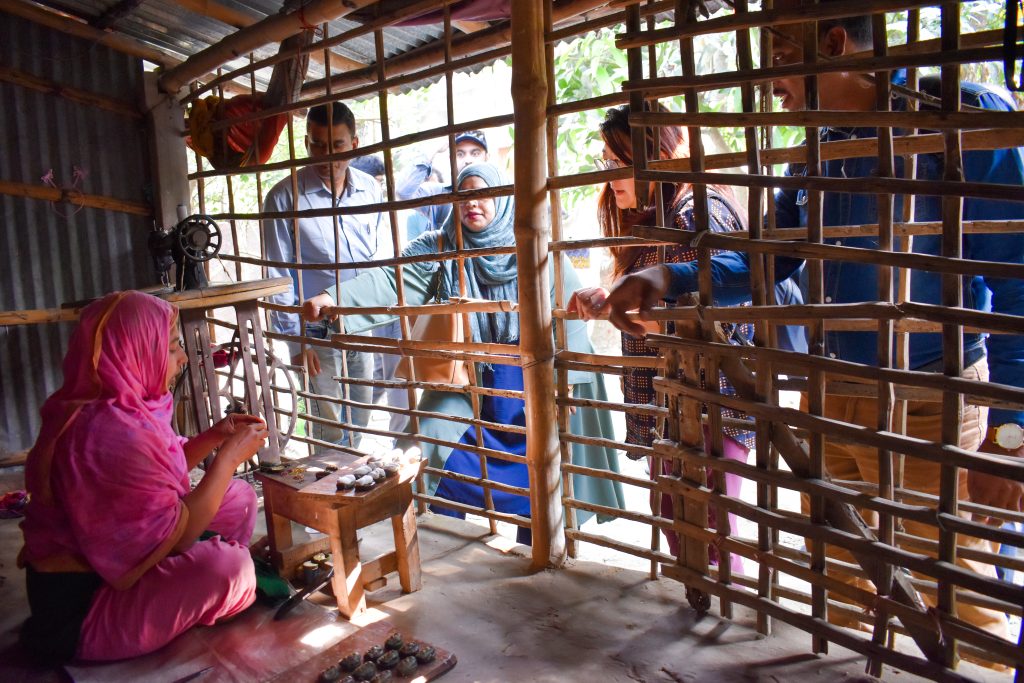
As a part of the two-day program, a consultation meeting was held on 19 November at the RRF Conference Room in Jashore. Micro-entrepreneurs, along with officials from PKSF and its respective POs, discussed field-level challenges and opportunities. On the same day, the World Bank team visited microenterprises in the Automobile and the Imitation Jewelry sub-sectors in Jashore and Jhenaidah districts to observe ongoing activities and gather direct feedback from the micro-entrepreneurs.
The SMART project aims to enhance the environmental sustainability of microenterprises across Bangladesh, targeting 80,000 businesses in the manufacturing, agriculture, and service sectors. By introducing innovative technologies, the project seeks to improve productivity, create jobs, empower women, and foster local economic growth.
